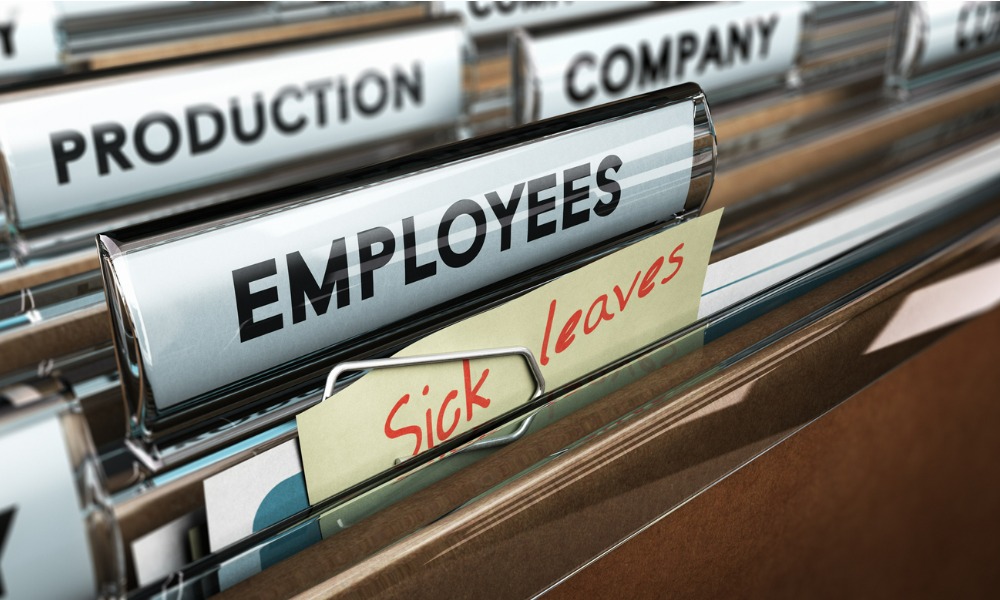
But NZNO criticises tone of memo to Te Whatu Ora nurses

Canterbury is seeing "remarkably high" levels of sick leave among nurses compared to other big districts New Zealand, according to Te Whatu Ora.
Becky Hickmott, the executive director of nursing in Canterbury, said sick leave was particularly high on weekends and Mondays, and in places where staff were being reassigned to support other teams.
Hickmott pointed out the data in a memo to all Te Whatu Ora nurses in Canterbury, which she later clarified to Radio New Zealand (RNZ).
According to Hickmott, the memo was related to short notice sick leave, or when nurses called in sick on the day of their shift, not sick leave in general.
The executive director told RNZ that short notice sick leave for night shifts in Canterbury was around 9.3%, with the next region at 7.8%.
"In light of this, we are undertaking some work to explore some of the drivers that might be behind the sick leave so we can look at how we can keep our teams well, how we can manage our sick leave levels, and also how we support those off for significant periods to return safely back to work," Hickmott said as quoted by RNZ.
But the New Zealand Nurses Organisation (NZNO) criticised the tone of Hickmott's initial memo to nurses.
"I think if this needs to be addressed to certain people that is absolutely fine, as an employer is well within their rights to do. But this has just come out as a global email when nurses are already stressed, and overworked, and being told not to do overtime but constantly getting texts asking them to do overtime," said NZNO Canterbury regional chair Erica Donovan as quoted by RNZ.
According to Donovan, the memo implied nurses were taking sick leave when they did not need it.
"If anything, a lot of our staff are probably burnt out and finding life really hard. So, I wouldn't blame people if they did need to take time off."
Nurses are afraid that this might be related to government orders to Canterbury hospitals to cut spending by $13 million in June, according to Donovan.
Hickmott, however, denied this: "This is not about reducing costs, it is about staff and patient wellbeing."